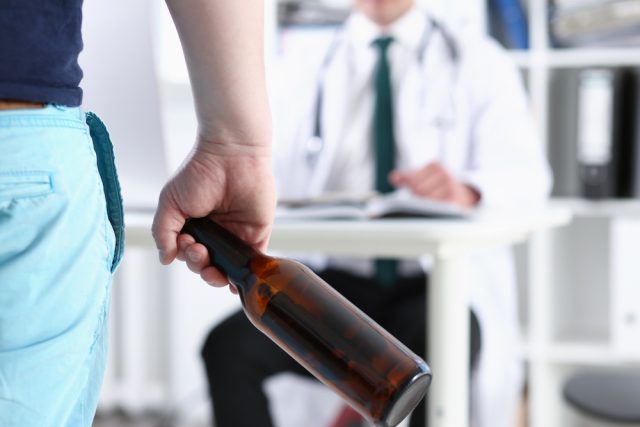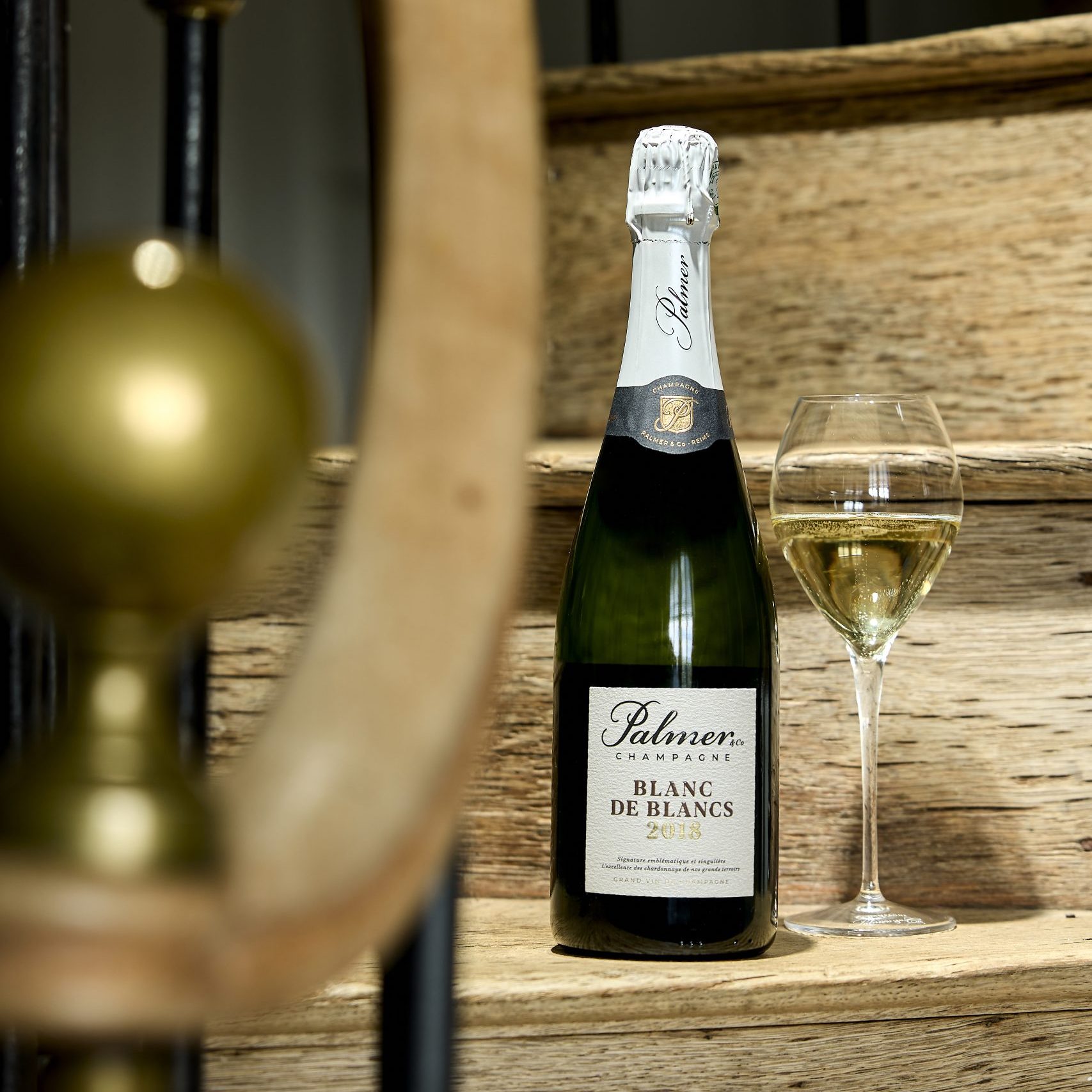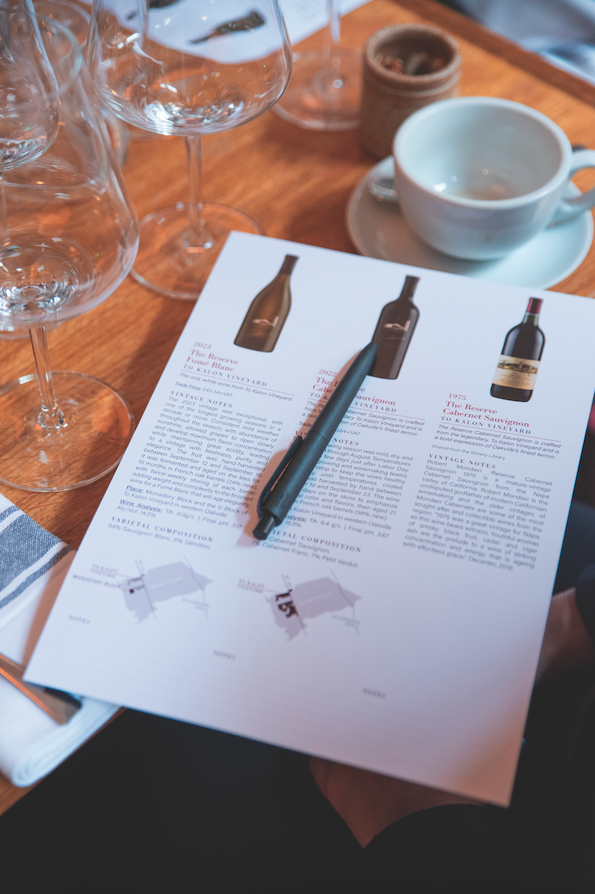Is alcohol harm really costing £27bn a year in England?
According to new research by the Institute of Alcohol Studies (IAS), alcohol harm is costing England some £27.4bn a year. But is this really the case?

The study, which is the first of its kind of two decades, claims that there has been a 40% increase in the cost of harm from alcohol since 2003, when it was last measured.
At present, the economic impact on the NHS is £4.9bn, according to the IAS. It also states that the cost to the criminal justice system is £14.58bn, the economy is £5.06bn, and social services is £2.89bn. This creates the top-line £27.44bn figure.
Chair of the Alcohol Health Alliance, professor Sir Ian Gilmore, said that much of the UK’s policymaking “is in thrall to Big Alcohol”, which “overplays its economic contribution while underplaying the massive cost of harm”.
As a result of the study, the IAS has called for Minimum Unit Pricing and raising alcohol duty further, restricting alcohol marketing, and allowing local politicians more power to control areas with high rates of harm.
Disputing the figures
But should we be alarmed by these figures, and can they be disputed?
The IAS is using Cabinet Office guidance from 2003 in which to base the study. This research states the challenges of quantifying alcohol misuse. It said: “Estimating these costs is a methodological challenge, given the difficulty of quantifying the degree of causality between alcohol misuse and its negative consequences.”
Also responding to the report, Christopher Snowdon, head of lifestyle economics at the free market think tank, the Institute of Economic Affairs, countered the numbers, and explained why they may be problematic.
Partner Content
He said: “It is important to understand that very little of the £27 billion ‘cost’ falls on taxpayers. Lost productivity is an opportunity cost to drinkers, not to wider society, and various ’emotional costs’ are not financial costs at all”.
Snowdon went on to explain that the figures didn’t include the full economic impact of alcohol, and didn’t include a full cost-benefit analysis. And if analysing emotional costs, then alcohol should be considered as well.
Cost-benefit
He added: “It is also important to note that this is a cost analysis, not a cost-benefit analysis. A full cost-benefit analysis would include the economic contribution of the alcohol industry which the IAS estimates is worth £46 billion a year. It would also include emotional benefits as well as emotional costs.
“In any case, this report shows a real-terms decline in the societal cost of alcohol in England since the early 2000s. In 2003, the Cabinet Office estimated that the cost was £21 billion, based on 2001 figures. That is £38 billion in 2024 prices.
“Our own analysis shows that alcohol misuse costs the public purse less than £5 billion a year and is amply exceeded by the more than £10 billion paid in alcohol duty. Thanks to the UK’s high alcohol taxes, there is little doubt that drinkers continue to subsidise non-drinkers to the tune of billions of pounds.”
Beneficial
In addition, Snowdon has done a breakdown of the problems of considering alcohol as a purely negative product, in relation to the WHO guidance on the issue, here. This also highlights figures and studies that show that moderate alcohol drinkers actually live a longer life than teetotallers or non-drinkers.
Previously the drinks business has also highlighted how alcohol in moderation has been shown to have a beneficial impact to society and longer life, such as in the global Blue Zones, and the protection cardiovascular effect found in red and even white wine.
In addition, as an example of the overall economic benefit of the sector, the wine and spirits trade created £49bn in economic activity. generated £21.7 billion in sales, £10.6 billion of which in sales of wine and employed 358,000 people across the supply chain, according to WSTA figures taken from 2018 figures.
Related news
‘The role of Ozempic isn’t just about reduced consumption, it’s about a shift in values’
Could Gen Z be giving up on abstinence?
Tesco thief banned from all UK supermarkets after £1.6k booze haul




